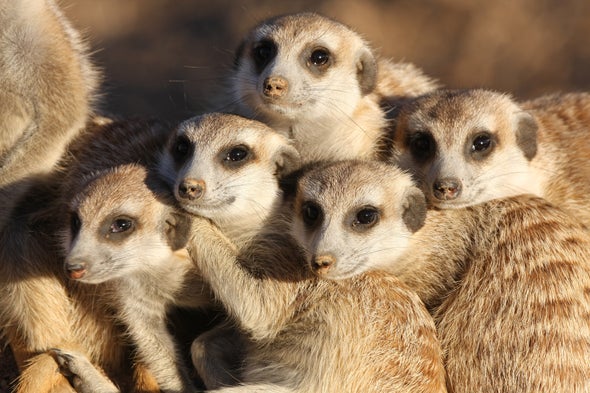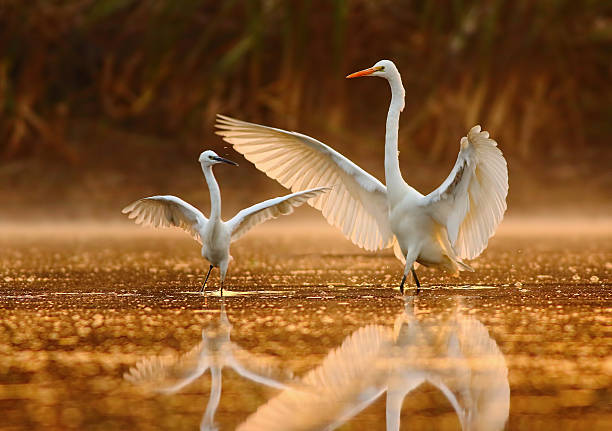Alaskan Husky Dog
INTRODUCTION
Husky is a general term for a dog used in the polar regions, primarily and specifically for work as sled dogs. It refers to a traditional northern type, notable for its cold-weather tolerance and overall hardiness The term “husky” first came into usage in the mid to late 1700s. At this time, “Esquimaux” or “Eskimo” was a common term for pre-Columbian Arctic inhabitants of North America. Several dialectal permutations were in use including Uskee, Uskimay and Huskemaw.
- AVG. READING TIME: 5 MINUTES
- UPDATE: 11/11/2022
HABITAT : Lived in the extremely cold and harsh environment of the Siberian Arctic.
TEMPERAMENT : Loyal but fiercely independent, affectionate
HYPOALLERGENIC : No
BREED GROUP / TYPE : Spitz
SOCIAL UNIT : They enjoy family life
LOCATIONS : Northeast Asia
STATUS / POPULATION : The Alaskan husky is a breed of medium-sized working sled dog
MAMMALS: DOGS AND RELATIVES – CANIDAE
KEY FACTS
SCIENTIFIC CLASSIFICATION
Kingdom – Animalia
Phylum – Chordate
Class – Mammals
Order – Carnivora
Family – Canidae
Genus – Canis
Genus Species – Canis lupus
INTERESTING FACTS
1- Huskies were developed as working sled dogs over thousands of years by the Chukchi people living in the Siberian peninsula of northeast Asia
-
CALLING NAMES / SCIENTIFIC NAME
Calling names: alaskan husky dog
Scientific name: Canis lupus -
COLOUR VARIATIONS
Black. Grey. Red. White
-
COAT TYPE
Double coat
-
LIFE SPAN
12 to 15 years
-
APPROXIMATE SIZE : LENGTH / HEIGHT
Length: 20–26 inches
-
TAIL
Excitement causes their tails to curl up and you'll know when a husky is tired as he'll drag his tail.
-
WEIGHT
16–34 kg
-
BREEDING SEASON
Male dogs are mature after about 6 months
female is 2 years old. -
REPRODUCTION / GESTATION PERIOD
Reproduction: 5 to 7 months
-
LITTER SIZE
between four to six puppies
-
LOOK A LIKE
Malamutes
-
FARM ANIMAL
Yes
-
FOUNDED IN / DISCOVERED
1908
-
ORIGIN
Pre-Colonial North American Arctic village dogs
-
DISTRIBUTION
Northeast Asia
-
OCCURRENCE
Families: Huskies
-
FUEL FOR LIFE / TROPHIC LEVEL
Carnivora
-
TO HUMANS
It is often affectionate with people as well as other dogs, and is are known for their enthusiastic cuddling
-
AS A PET
Yes
-
KIDS FAVOURITE
Yes




